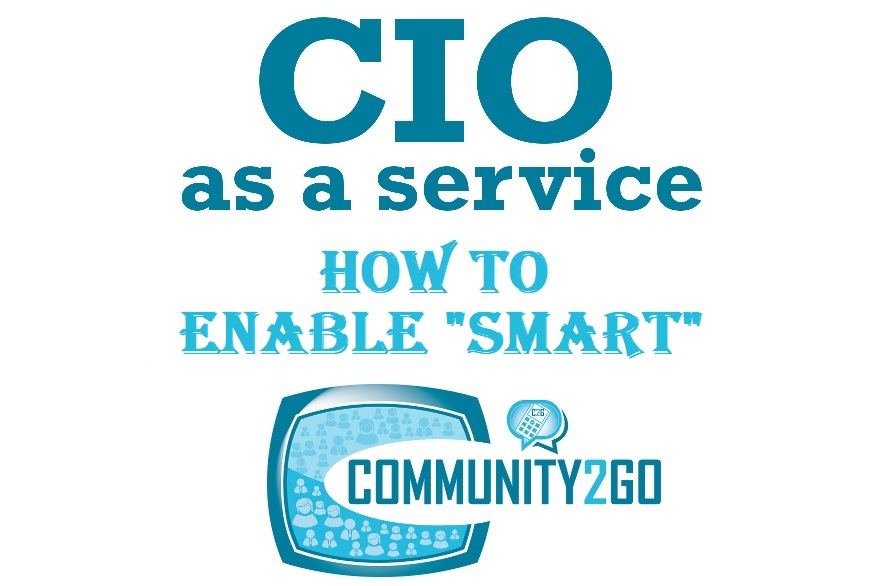A whole new language has been introduced in the Digital age. Words like “Agile”, “MVP” and “Sprint” describing implementation methodology, along with “Platform” and “Cloud” for architecture and delivery. Each of these concepts signal why the days of long on-premise implementation cycles of monolithic applications are being phased out, replaced by short sprints of micro-services integrated into Digital Platforms. This is natural evolution, enabled by invention and innovation.
There is much talk globally about Smart Cities. Underpinning Smart City programs are digital technologies. Many cities have deployed stand-alone technologies to deliver outcomes such as smart lighting, smart metering, or some similar use case that implements functionality for a discrete outcome. While these projects deliver some benefits, the true and lasting transformational benefits are only surfaced when you can bring together transactional business processes along with analytical business intelligence, to turn data into actionable information. It is the bringing together of all data in real time that powers digital technologies; artificial intelligence algorithms, predictive analytics and Machine Learning. The enabler is a Digital Platform.
A key characteristic of a Digital Platform, and a fundamental difference from traditional software "Products", is that a Digital Platform is not limited to a functional scope. This is the foundation for driving an innovation culture and through the adoption of microservices that extend the value of data, we create new business processes, business models and build new enterprises with FinTech, AgriTech, BioTech, PropTech, Smart manufacturing (Industry4.0), and Urban Mobility being examples. Each of these new enterprises, growing globally at a rapid rate, with hundreds of billions of dollars of investment, and impotrantly, changing people’s lives for the better.
Adopting Digital Platforms is key to how we enable "Smart".
